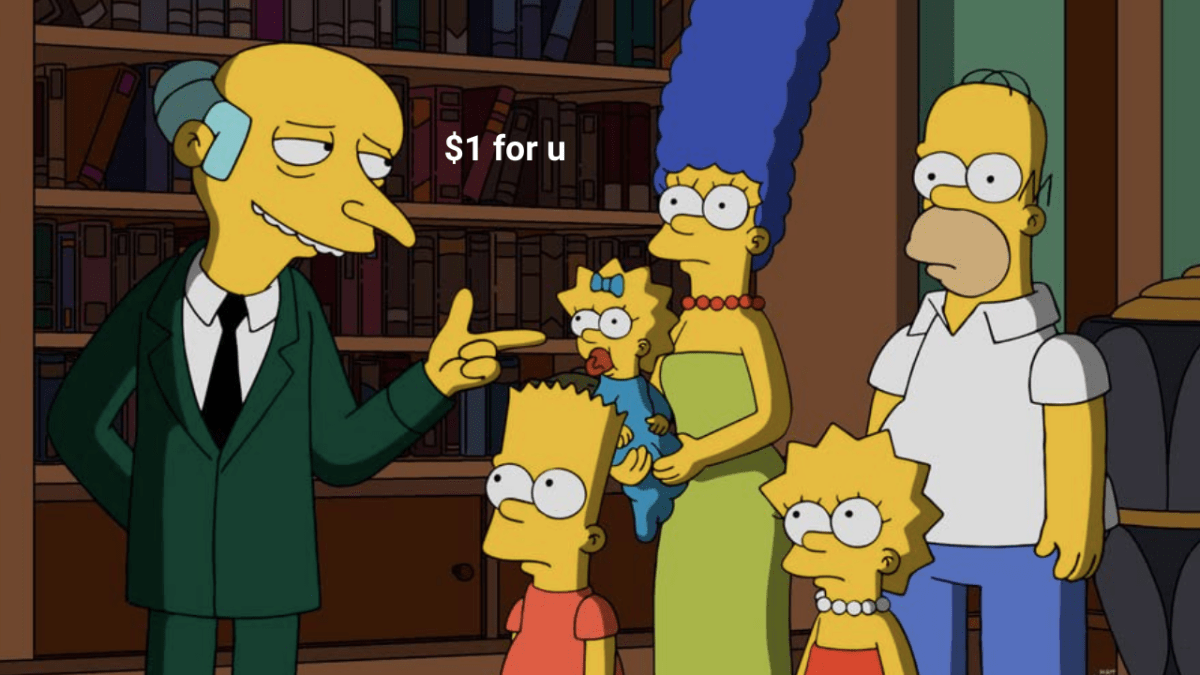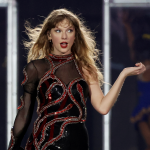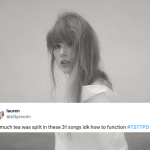
The new Labor Government has made a submission to the Fair Work Commission about a minimum wage rise so it reflects the inflation rate. Any time I think about an “inflation rate” I think of Aunt Marge getting blown up in Harry Potter and the Prisoner of Azkaban but apparently, this is different.
During his election campaign, now-PM Anthony Albanese backed a 5.1 per cent minimum wage increase — which would match the current inflation rate. That amounts to around a $1-an-hour increase, which you may remember Scott Morrison frothing at the mouth about. Over a literal dollar. Good times.
Now, Labor’s made some actual moves to back the wee wage increase. Let’s break it down, shall we!
What’s the deal with the inflation rate?
I am not an economics girly, but I do get annoyed when my grocery bill is whoppingly high. And as I’m sure you’ve noticed, the cost of living has absolutely skyrocketed of late. Gone are the days when you could get some basic veggies without it costing a fortune.
Part of the reason is inflation. As we mentioned before, it’s risen by 5.1 per cent over the last year. According to the Australian Retailers Association, the big supermarkets are blaming increased produce prices on inflation.
Shane Oliver, chief economist from AMP Capital, told SBS the high inflation rate was partly the result of how we’ve come out of COVID-19 lockdowns.
“We couldn’t spend on services, so we spent all our money on goods at a time when the production and supply of those goods… were constrained,” he said.
What is Labor’s stance on raising the minimum wage?
Labor has introduced a formal submission to the Fair Work Commission (more on them later) which calls for the minimum wage to rise.
Its tagline for the whole thing is making sure Australia’s lowest paid workers aren’t going “backwards”. Here’s a cheeky little PR pic of Anthony Albanese looking serious as he signs some documents.
Rising costs are putting real pressure on family budgets.
And these costs are harder to meet because of a decade of deliberate decisions by the previous government to keep wages low.
My Government wants more Australians to be able to get ahead.
— Anthony Albanese (@AlboMP) June 3, 2022
The new Government is particularly prioritising low-paid workers according to the new Minister for Employment Tony Burke.
Burke spoke at a press conference on Friday, where he said Labor’s submission backed a pay rise directly in line with inflation.
“The submission says this: ‘in considering its decision on wages for this year, the government recommends that the Fair Work Commission ensured that the real wages of Australia’s low paid workers do not go backwards’,” he said, per the ABC.
The submission also highlighted how cost of living pressures have explicitly impacted low-paid workers.
“High and rising inflation and weak wages growth are reducing real wages across the economy and creating cost of living pressures for low-paid workers,” it said, as reported by The Guardian.
“It is critical to ensure that these workers do not bear a disproportionate impact of these challenging conditions”.
The Government’s submission specifically focuses on low-paid workers and the current economic context. It explicitly isn’t backing an automatic increase for all wages in line with inflation.
Who decides the minimum wage?
The minimum wage is set by the Fair Work Commission, which we mentioned before.
Every year, the FWC has an Expert Panel which reviews the minimum wage. The new government’s submission will be one of the things the Expert Panel considers.
ANZ research already predicted the FWC would raise the minimum wage, though at a 4.0 to 4.5% rate — less than Labor’s submission calls for.
When could we see a change?
When the FWC’s Expert Panel finishes its review, it’ll make a national minimum wage order. That will apply for peoples’ first full pay period on or after the 1st of July — so pretty bloody soon.
Of course, we’ll keep you posted if anything changes!



